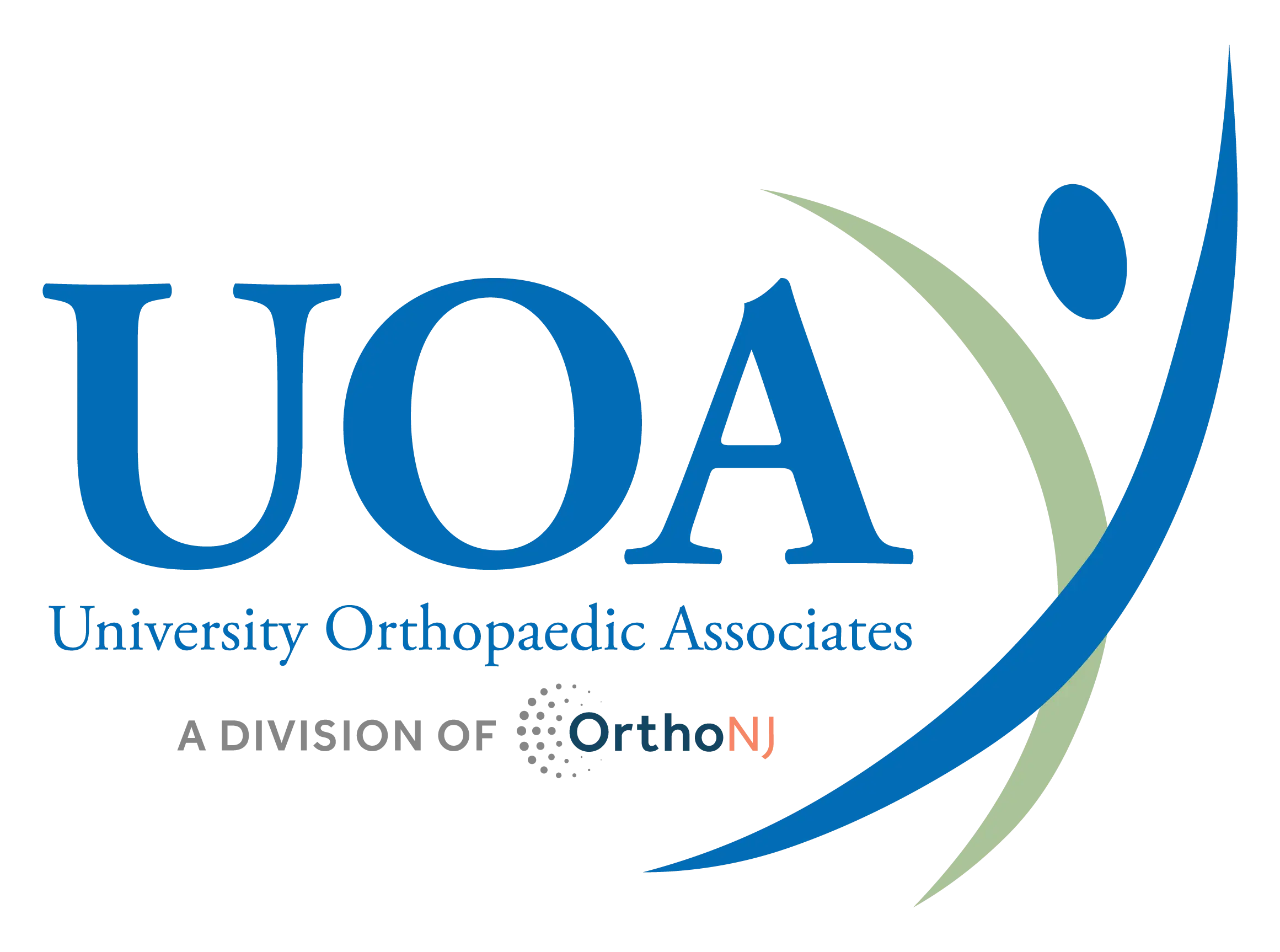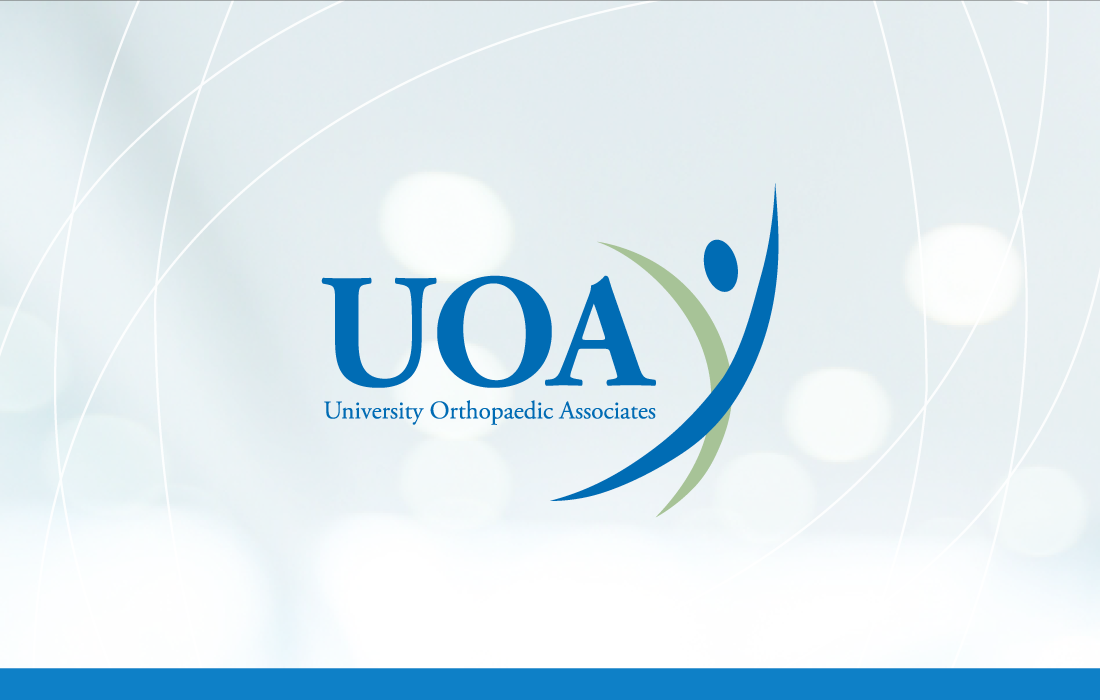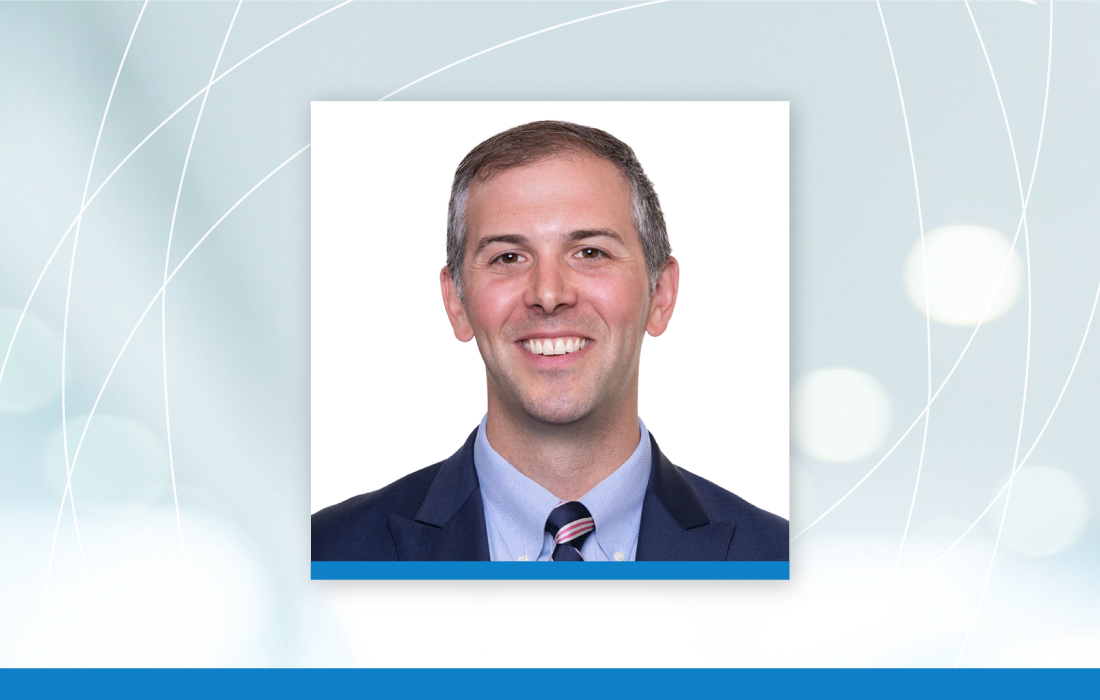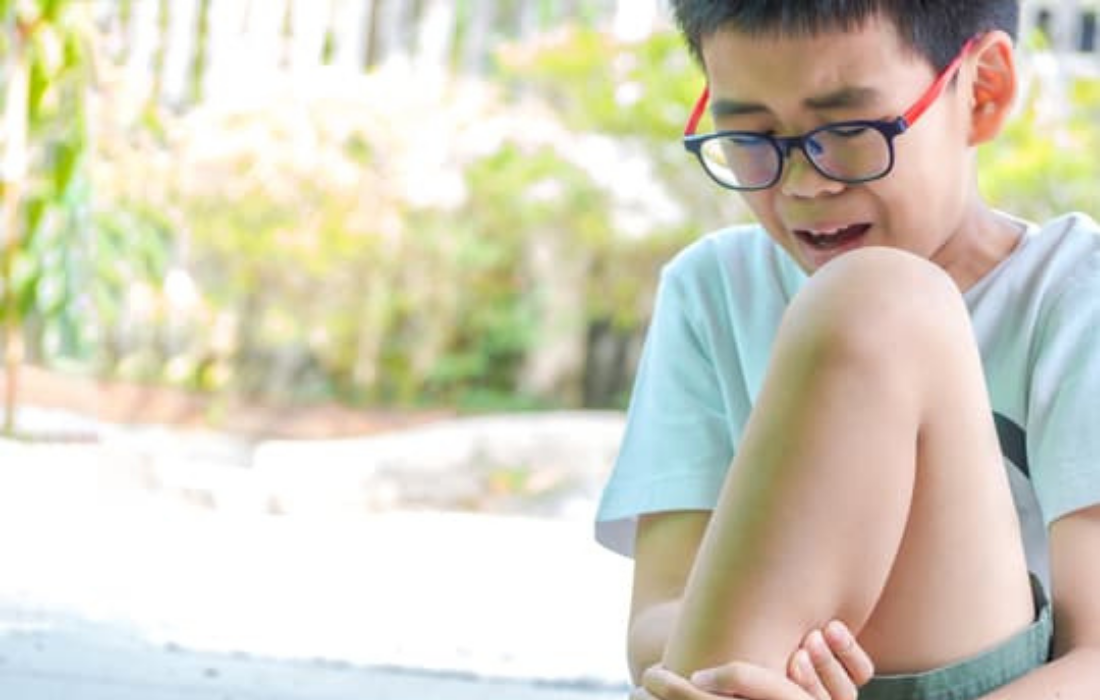What Is an LCL Injury?
The lateral collateral ligament runs along the outside of your knee, linking the thigh bone to the fibula, the smaller bone in your lower leg. It is a slim but powerful stabilizer that keeps your knee from bending outward. An LCL injury occurs with a varus injury, where your foot crosses your body and can stretch or tear the LCL. These range from mild sprains to complete ruptures, often happening alongside other ligament damage.
At University Orthopaedic Associates, we diagnose and treat LCL injuries in everyone from competitive athletes to people injured in everyday activities, whether that’s a weekend game, a training run or a sudden misstep off a curb.
How Does an LCL Injury Typically Occur?
In many cases, the injury comes from a sudden, forceful hit to the inside of the knee. That could be a football tackle or a player sliding into you from the side. That inward push causes the outer ligament to take the full load. Non-contact injuries can happen too: a quick pivot, a twist during a jump landing or an awkward stumble.
Sports medicine research shows that in elite soccer, nearly 58% of LCL injuries involve direct contact, with tackles being the most common cause. The rest happen in moments where the athlete simply plants and turns at the wrong time. Often LCL injuries occur in combination with other ligament injuries such as an anterior cruciate ligament (ACL) tear or if all the stabilizing structures on the outside of the knee are injured, called a posterolateral corner (PLC) injury.
LCL Injury Symptoms
Signs can vary, but some are hard to ignore. Some of the symptoms include:
- Pain or tenderness along the outside of your knee
- Swelling that develops quickly after the injury
- A feeling the knee might give way
- Limited range of motion or stiffness
- Bruising and, in some cases, numbness if surrounding nerves are affected
You might also remember a sharp pop or snap when it happened, a detail many patients bring up during their first visit.
How Is an LCL Injury Diagnosed
When you come to UOA, we will first ask about how the injury occurred and what symptoms you have been experiencing since. Then your physician will check the knee’s stability with a varus stress test and compare it to your other leg. If there’s concern about the extent of damage, we may recommend imaging. X-rays rule out fractures, while MRIs give a detailed view of the ligament. In some instances, ultrasound offers a quick way to confirm an LCL tear.
How LCL Injuries Are Treated
Treatment depends on both the injury’s grade and your activity level. Many partial tears respond to rest, bracing, targeted physiotherapy and anti-inflammatory medication. Ice and elevation help calm swelling, especially early on.
For more severe injuries, or when other ligaments are involved, surgery may be recommended to restore full stability. We build every treatment plan at University Orthopaedic Associates around your goals, whether that’s getting back to competitive sport or simply walking without fear of the knee giving way.
LCL Injury Recovery Time
Your LCL injury recovery time can be as short as two weeks or stretch into several months.
- Mild sprains (grade 1) often heal in two to four weeks.
- Partial tears (grade 2) may take four to six weeks.
- Complete tears (grade 3) most commonly require surgery.
When To See an Orthopaedic Sports Medicine Specialist
If your knee swells rapidly, feels unstable or you can’t put full weight on it, it’s time to be evaluated. Even mild pain can mask a more serious ligament problem that, if ignored, may lead to lasting instability. Our sports medicine team at University Orthopaedic Associates can assess the injury, explain your options and guide you through a recovery plan designed for you.
Don’t wait on your knee health. Schedule an appointment with UOA today and start your path toward a safe, confident return to movement.




